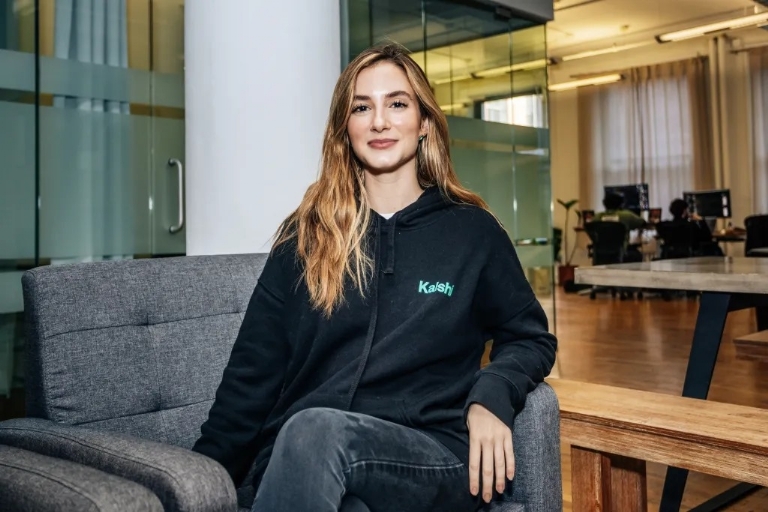

Her journey is quite intriguing. Before studying engineering at MIT, Luana was dedicated to ballet. She traded dance for mathematics and then moved into the financial market.
While a student in the United States, she met Tarek Mansour, her partner in creating Kalshi. The platform later raised US$100 million from venture investors. Currently, there is more than US$1 billion in bets on it.
Unlike Polymarket, Kalshi has had an official license to operate in the United States since 2020. However, the license did not allow for betting on political topics, such as elections.
Kalshi is the first CFTC regulated exchange dedicated to trading on the outcome of future events. From inflation, to fed rates, to unemployment, to will the government shutdown, Kalshi allows people to trade on a broad range of topics.
Kalshi sued U.S. authorities to gain permission to sell election futures. The victory in the case came in September 2024, just in time for the elections. Americans were then able to bet using regular dollars (not just cryptocurrencies, as is the case with Polymarket).
The attention that Kalshi and Polymarket have received in recent weeks signals a new world being built, whether people like it or not. Betting exchanges on future events have become essential sources of information.
In this sense, they compete with traditional media and social networks. They are now central elements to consider in decision-making processes.

The impact of this is profound. These markets are not only used to predict electoral outcomes or the future price of Bitcoin (which have done well). They can also be used to forecast the outcomes of complex tasks.
For instance, betting on whether a past scientific experiment (considered accurate) can be successfully replicated today. Or predicting complex institutional decisions, like a ruling from the Supreme Court. Some believe that betting markets can accurately predict all future decisions of a body like the Supreme Court, with a success rate higher than 95%.
What if prediction markets began to replace the institutions they manage to forecast? This is precisely what economist Robin Hanson proposes with his concept of "Futarchy" (government by the future).
In his view, prediction markets could decide public policies. The population would democratically choose which objectives the government should prioritize. Then, prediction markets would test which decisions would be successful in achieving those defined goals, based on the premise that they efficiently aggregate information and forecast future events.
Source: Folha